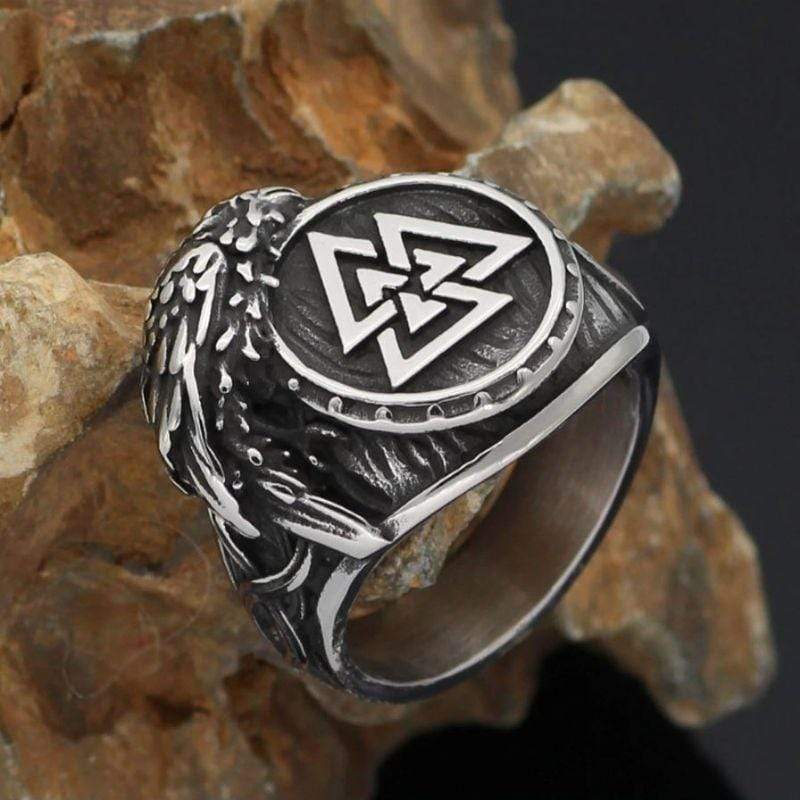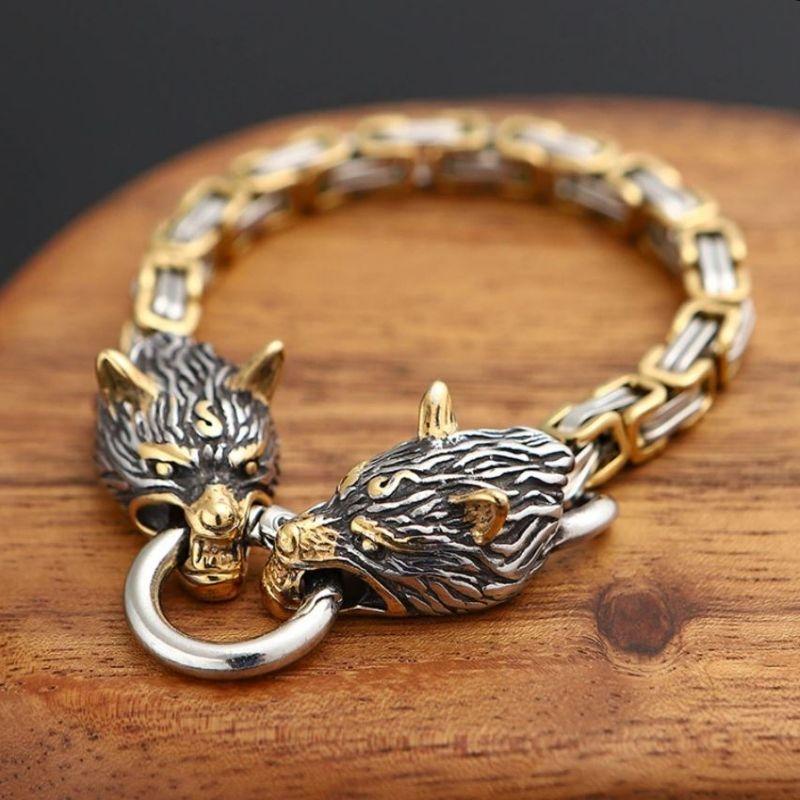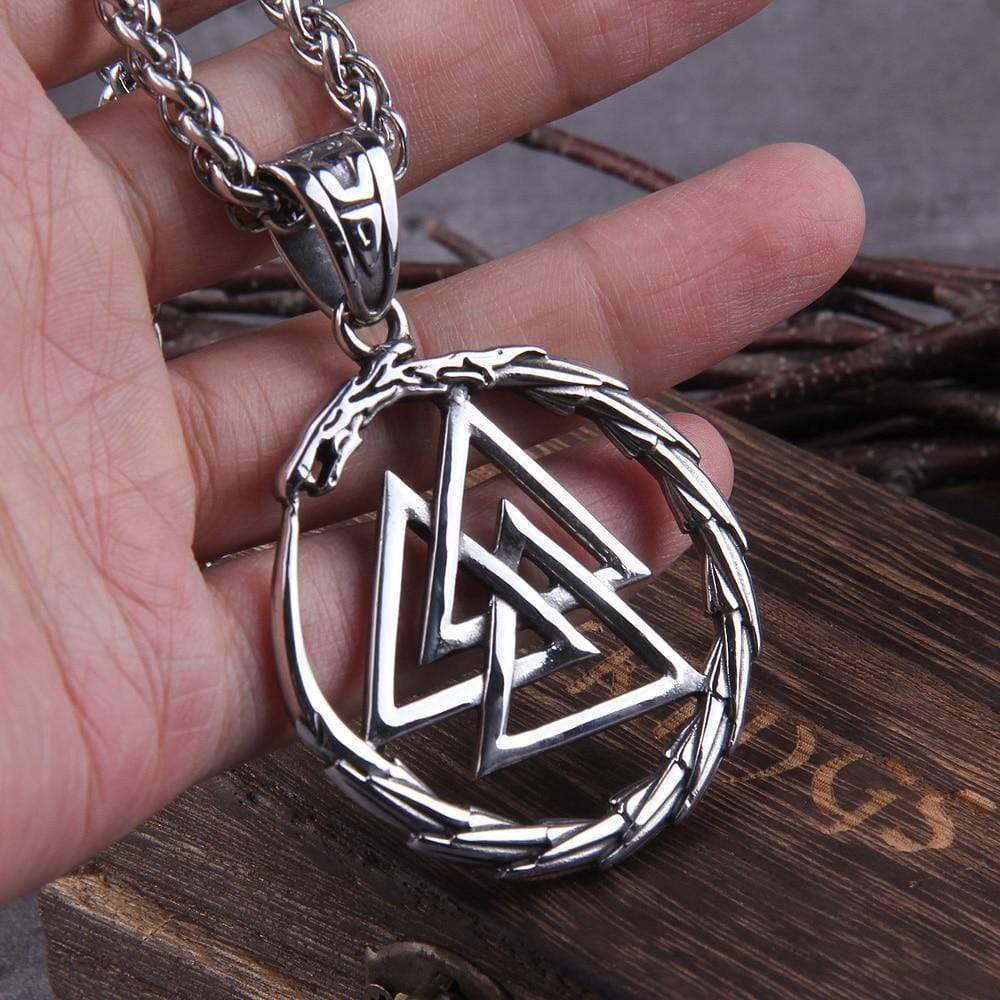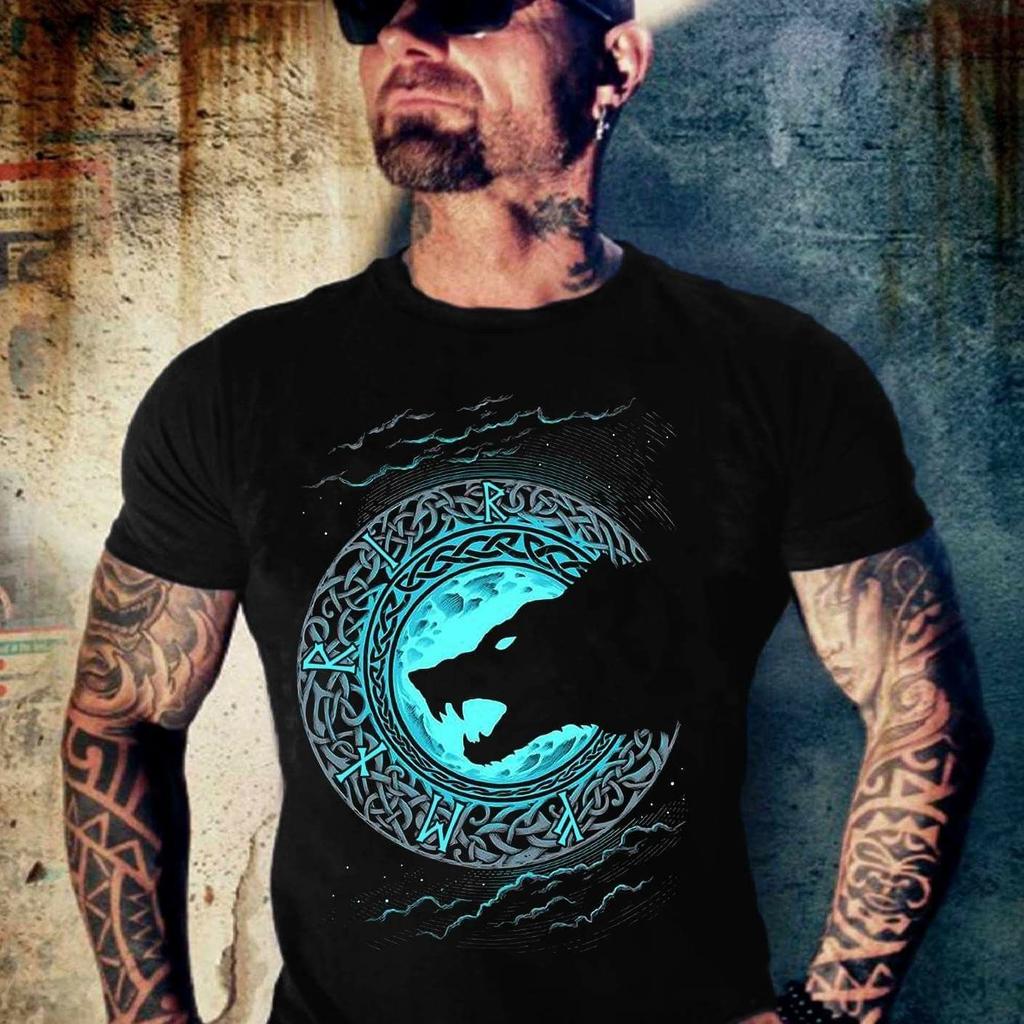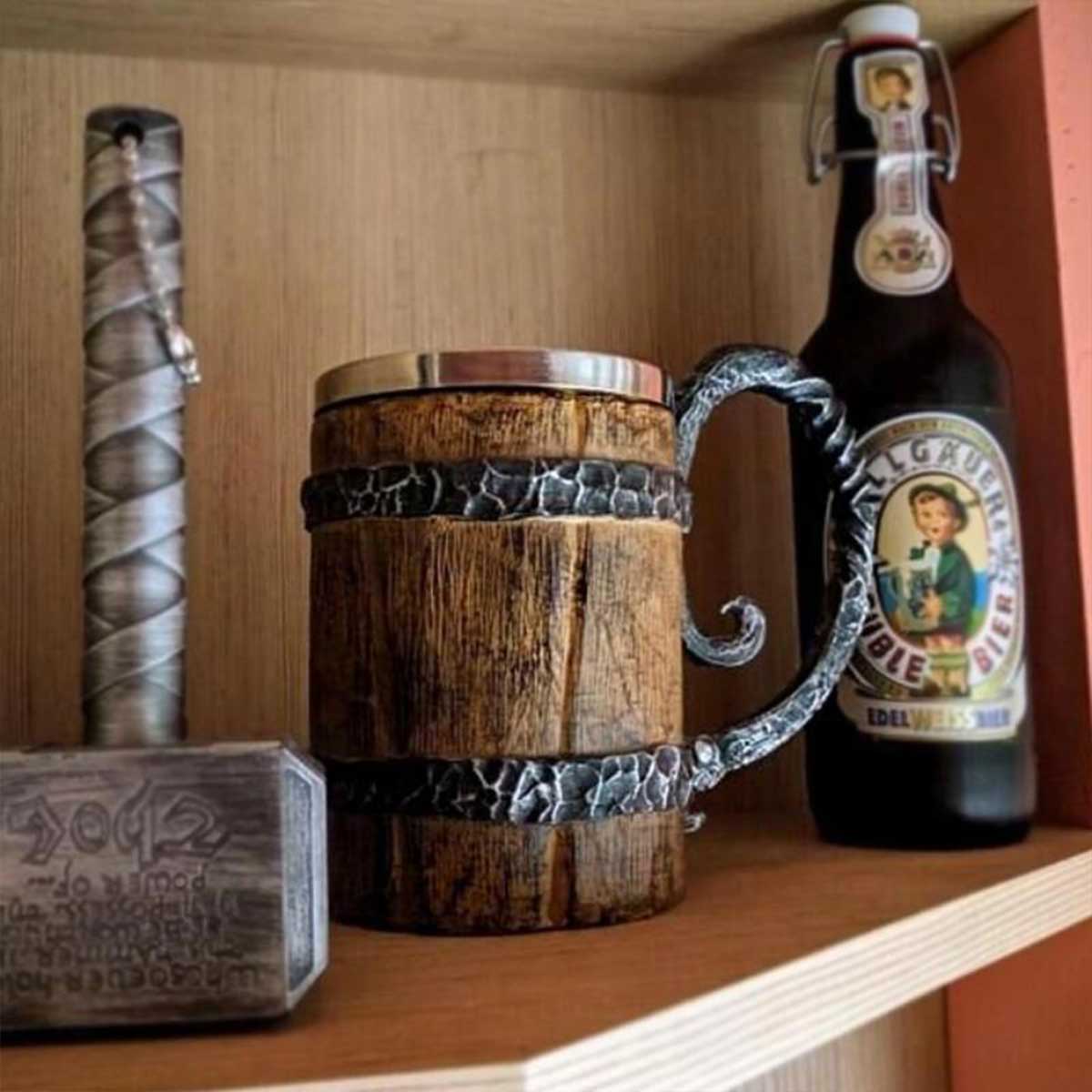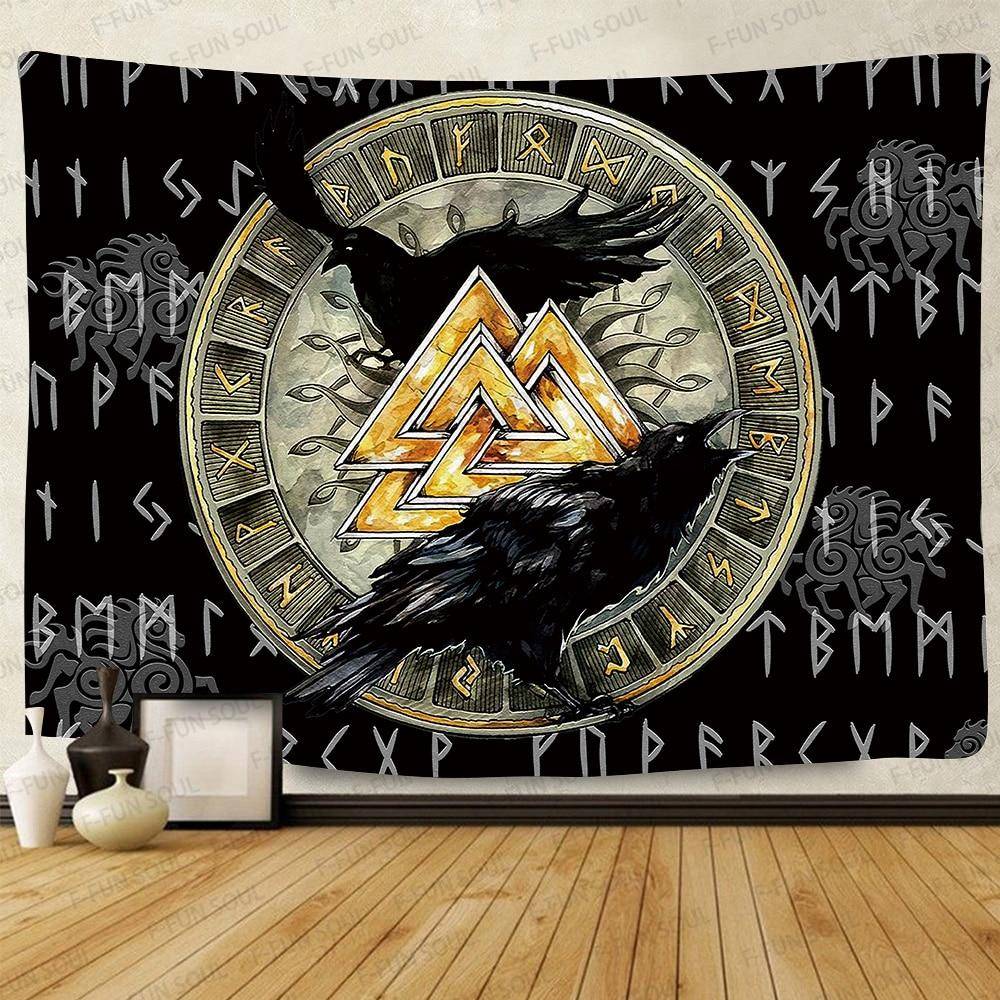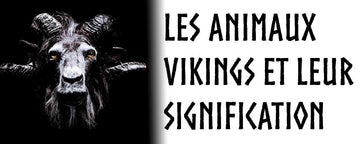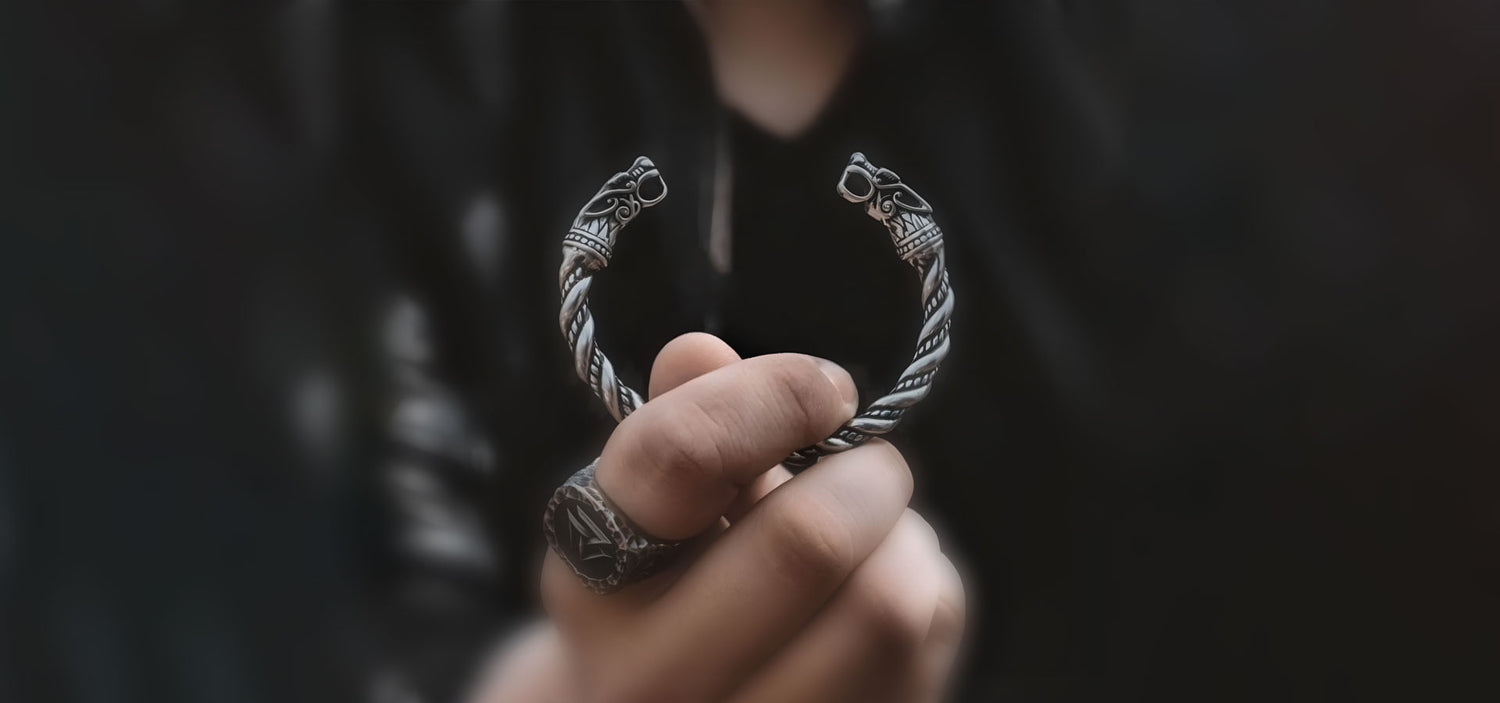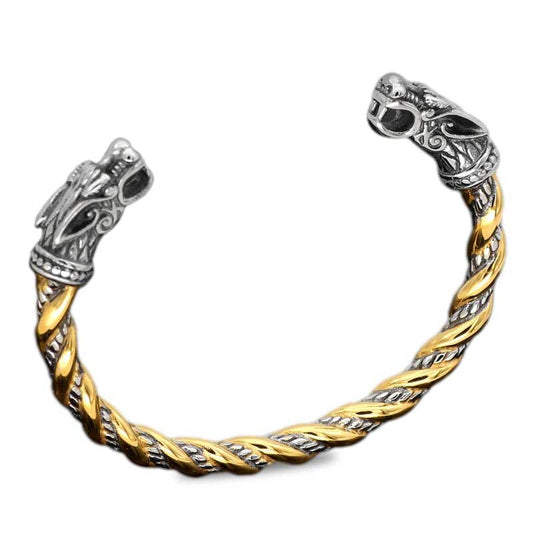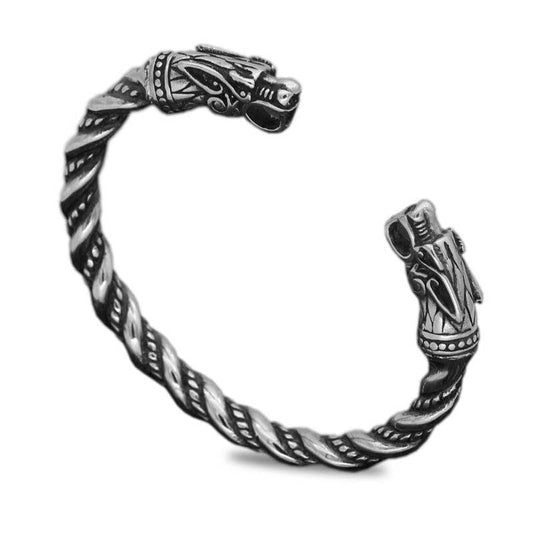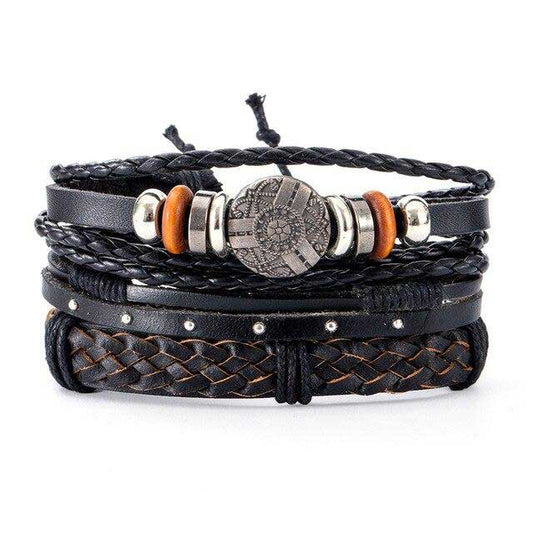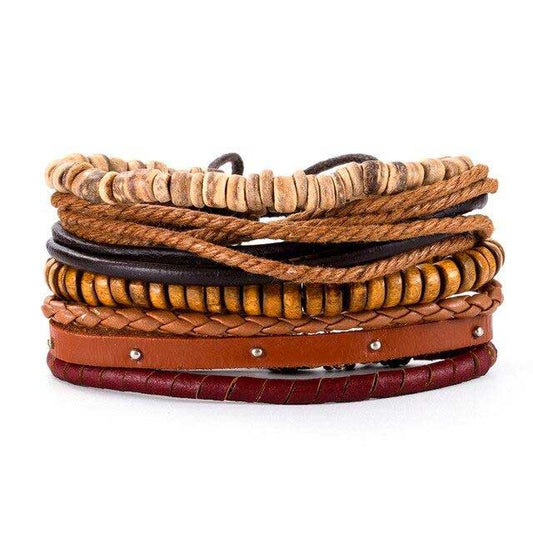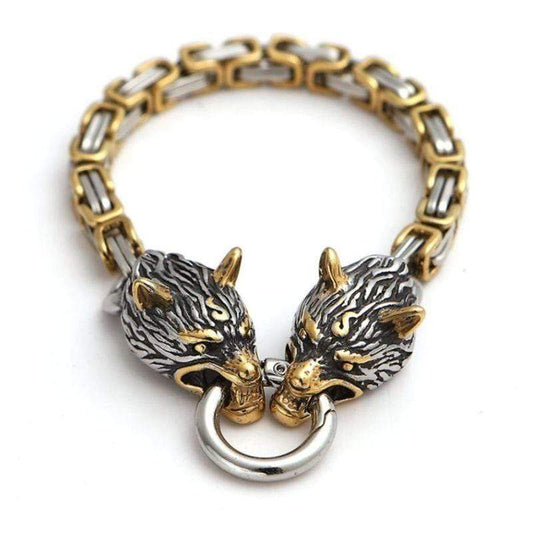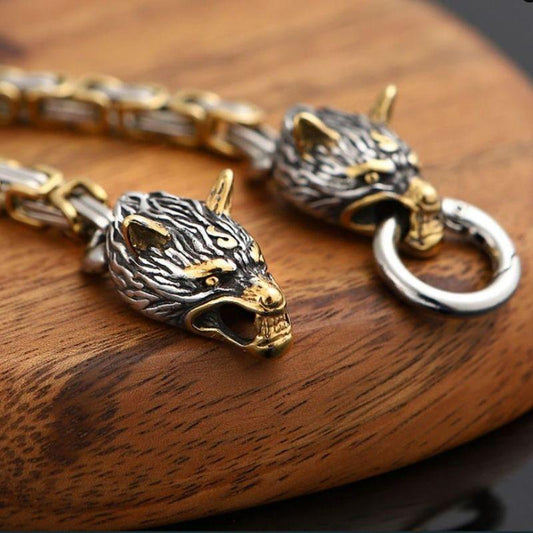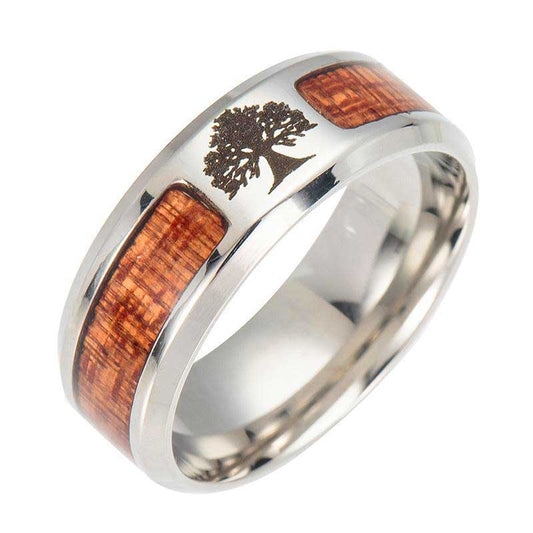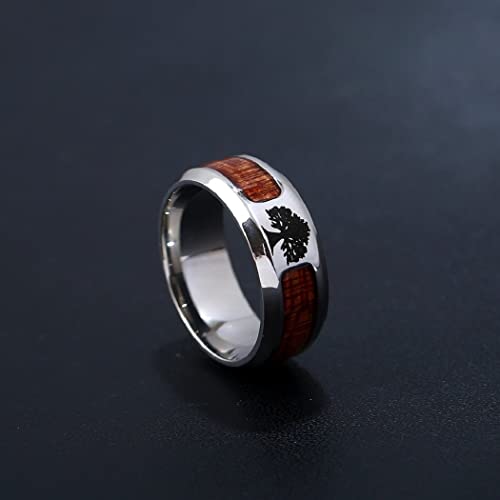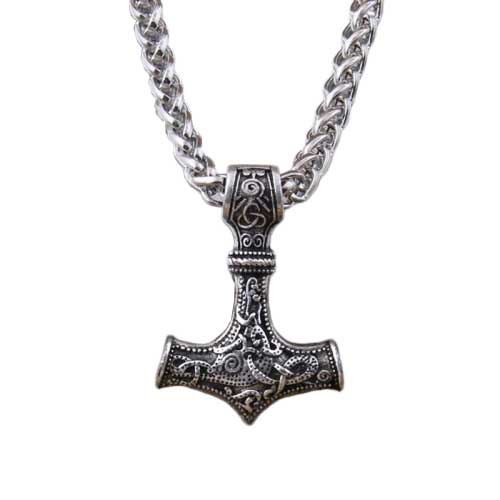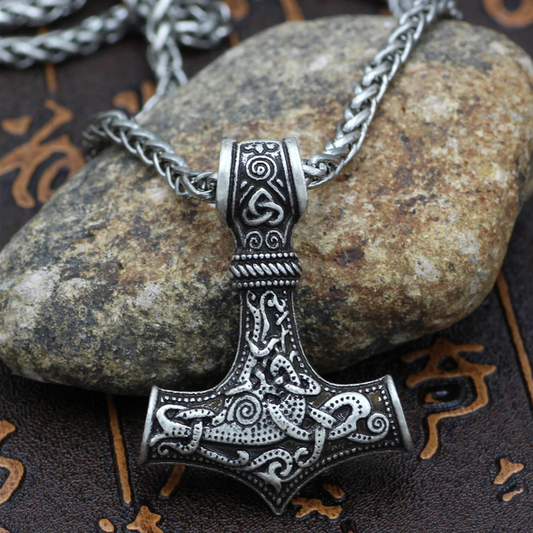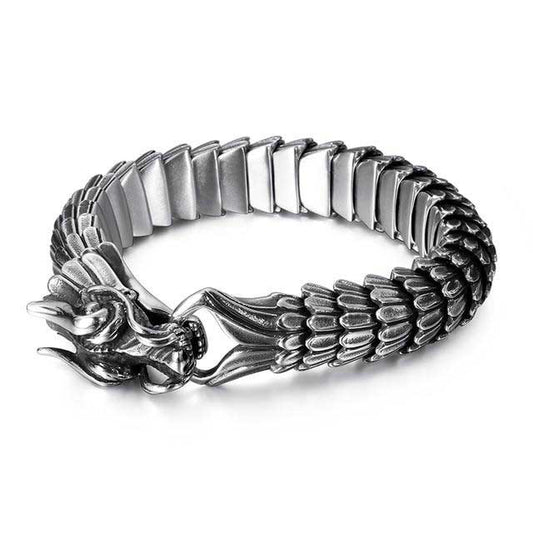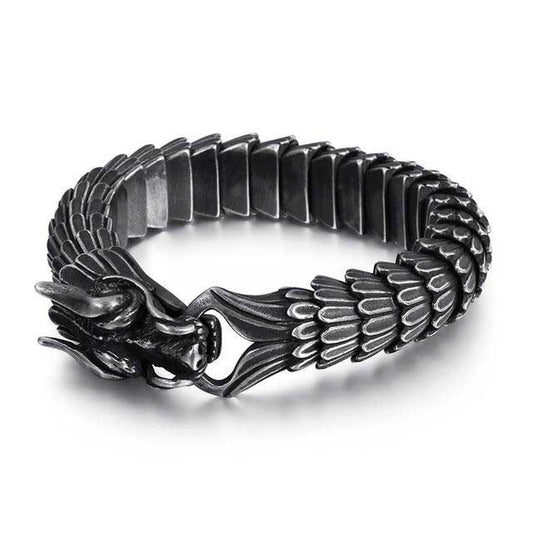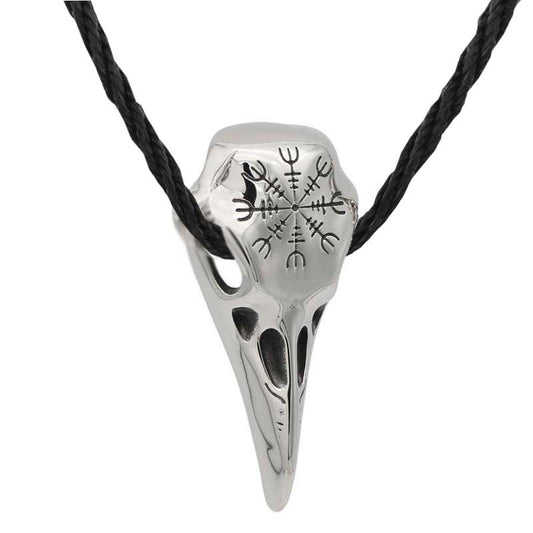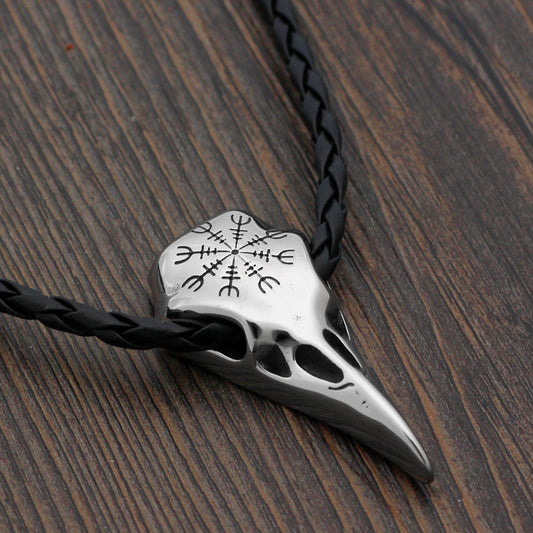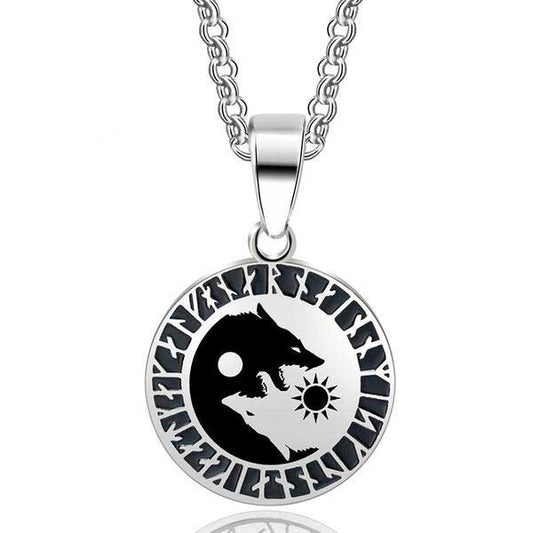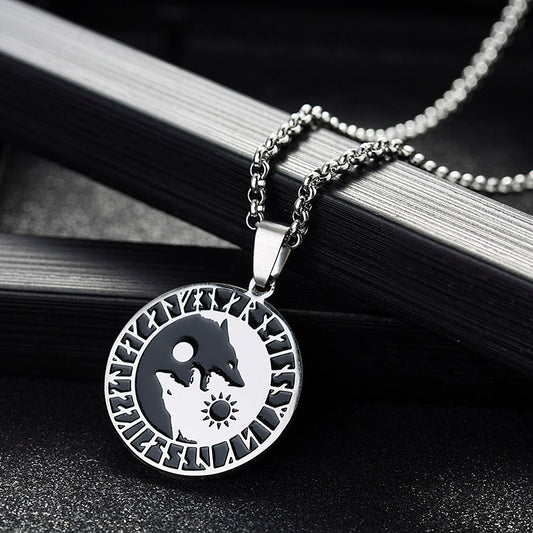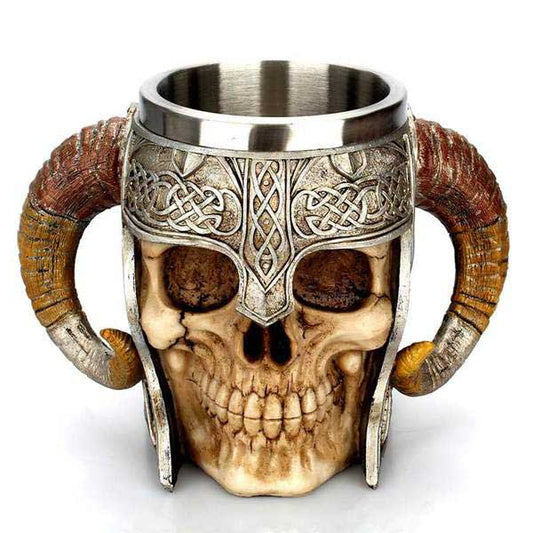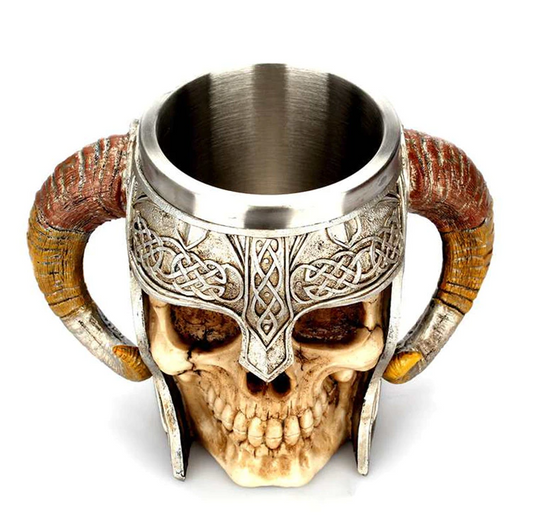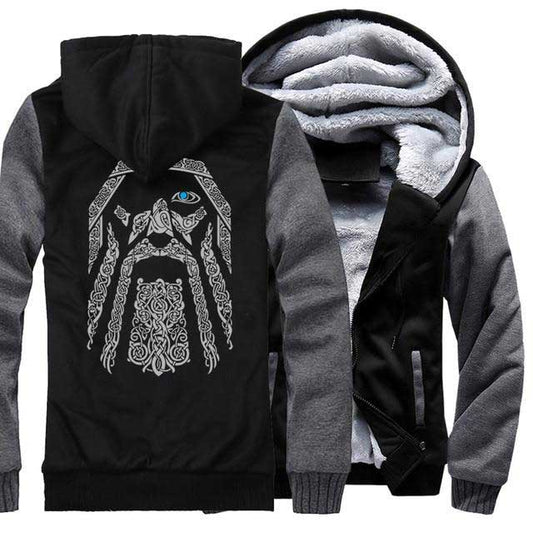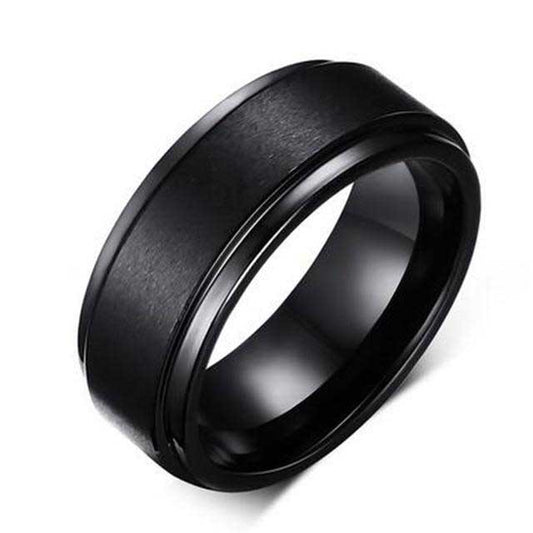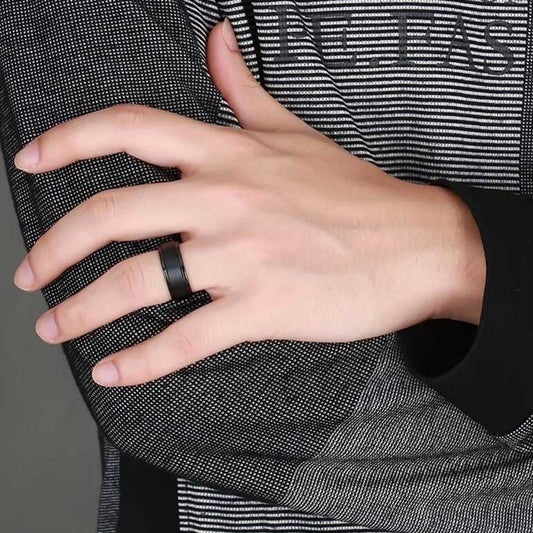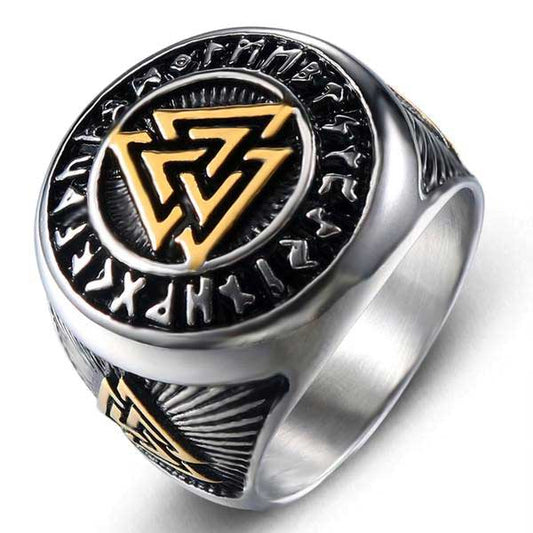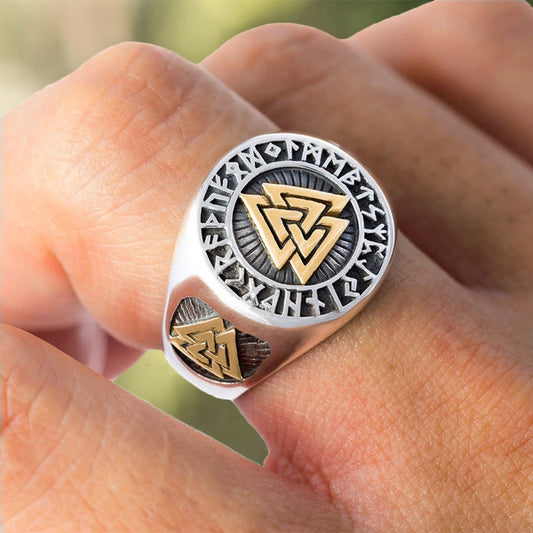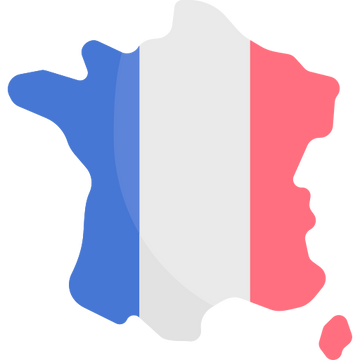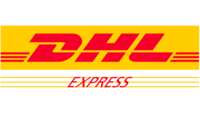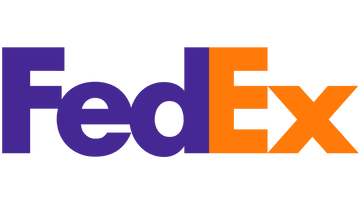In the time of the Vikings, animals had a sacred value. Indeed, they are found in everyday life as draft animals or mounts . But also and above all in Nordic culture and mythology . Indeed, there are many Norse creatures and a bunch of fabulous animals .
The Meaning of Viking Animals
Here is the bestiary of Viking animals that we are going to tell you about :
🔗 Click on a name to go directly to the explanation of the animal
- The wolf
- The dog
- The Bear
- The Eagle and the Falcon
- The goat
- Horse
- The deer
- The goat
- Rooster
- The crow
- The squirrel
- The Boar
- The Serpent and the Dragon
- The Bulls and the Cow
The wolf

Among the legendary creatures of Norse mythology, wolves occupy an important place. Indeed, they are important representatives within the tales and stories of Viking culture . Among the wolves there are several well-known ones:
- Fenrir (Fenris)
- Sköll ( Skoell)
- Haiti
- Geri
- Freeki
Fenrir, the Wolf of Ragnarok
This Wolf is certainly the best known. Indeed, he will play a decisive role during Ragnarok Viking where he will kill Odin, the chief of the gods Ases.
Fenrir has many other names such as Hrodvitnir which means "famous wolf", Thodvitnir which means "people's wolf" or even Vanargand which means "the monster of the river Van", a river which would have formed from the slime of Fenrir while chained.
To learn more about the Fenrir Wolf , we have produced an article entirely dedicated to it.
Sköll, the wolf of the Sun
He is part with Hati of the Managarm wolves. This wolf is in pursuit of the god Sol (the Sun) which he will eat during Ragnarok.
Hati, the moon wolf
Just like his brother Sköll, he is part of the Managarm wolves. However Hati is in pursuit of the god Mani (the Moon) which he will also swallow up during Ragnarok.
These two wolves Managarm, sons of Fenrir and Larnsarxa are the representatives of passing time . Indeed, thanks to them the two stars that are the Moon and the Sun are in perpetual motion around the Viking universe and Midgard.
Geri and Freki, the wolves of Odin
They represent Odin on the battlefield. Indeed these two wolves are always at his side during banquets in Valhalla . Odin gives them his food as he is content to drink wine . Respectively they mean " voracious " and " violent " just like Odin when he goes to collect the dead on the battlefield.
The dog

it is of course a domestic animal but it is also found in Scandinavian mythology in several forms. They represent the guardian of the dead and the underworld . Here are the most famous dogs:
- garm
- Geri
- gif
Some say that these three names represent the wolf Fenrir. Nevertheless, what we are certain of is that each of these dogs was the guardian of the gate to hell in the Gnipahellir cave.
The Bear

Considered the king of beasts . It is the most beautiful gift that one could offer to a king. This was particularly the case when in the history of the Vikings, a polar bear was captured and offered as a gift to the King of Denmark. We can therefore say that the Bear was a domestic animal in the time of the Vikings.
For others, the king of animals is the lion but unfortunately this animal was unknown in the Nordic regions. For lion enthusiasts, we invite you to discover our partner Lion Kingdom .
The Eagle and the Falcon

Celestial symbol of power and greatness , we find several eagles and a falcon in the Viking culture:
- Blodörn
- Hraesvelg
- Vedrfölnir
Blodörn, the Blood Eagle
To prove how important the Eagle is in Nordic culture, we find the most famous ordeal of torture called "the Eagle of Blood ", also known as "Blodörn". This consisted of opening the back of the victim's rib cage and spreading his ribs to symbolize wings.
Hraesvelg, the Eagle of the Wind
Indeed, perched at the top of the Yggdrasil tree , when it flaps its wings, it is he who brings the wind to the Nordic worlds.
Vedrfölnir
This is the falcon that uses Hraesvelg's skull as a perch. We see him perched between his two eyes on many representations of the tree of life.
The goat

Nocturnal animal linked to vitality and the energy of life , there are two very famous goats in Norse mythology.
- Tangrisnir
- Tanngnjostr
These two goats are those of Thor . They pull his chariot and are his traveling companions. They mean "one who bares his teeth" and "one who grinds his teeth" respectively.
Horse

Little known, yet the horse is certainly one of the most represented animals in Nordic culture . Indeed, they are found as mounts of great personalities and as a symbol of war and royalty . But that's not all, indeed the horse is used as a symbol for life, fertility, death, fire, light, water and air.
Here is the list of mythical and legendary Viking horses :
- Sleipnir
- Gulltopp
- Alsvid and Arkvak
- Blodughofi
- Falhofnir
- Gisl
- Glad
- Glaer
- Gullfaxi
- Gyllir
- Hrimfaxi and Skinfaxi
- Hofvarpnir
- lettfeti
- Silfintop
- Sinir
- Skeidbrimir
- Svadilfari
Sleipnir, Odin's horse
This is the son of the god Loki and a stallion called Svadilfari. It is a very fast eight-legged horse. Able to walk on water and in the air. It was offered to the chief of the gods, Odin .
Gulltopp, Heimdall's horse
Árvakr and Alsviðr, the horses of the sun
Indeed, together, they pull the chariot of the goddess Sol who is pursued by the Wolf Sköll.
Blodughofi, Freyr's horse
Falhofnir, the horse with light yellow hooves
It is not attributed to any particular god. Nevertheless, it was used by any god to pass judgment on the Yggdrasil tree .
Gullfaxi, the horse with the golden mane
First Hrungnir 's horse, it was given to Thor's son, Magni upon his death. It is said to be faster than Spleipnir , Odin's horse. He is also the only one who can travel between the worlds: that of Jötunheimr and that of Ásgard.
Gyllir, the golden colored horse
A horse of Aesir also used to render judgments to the tree of life Yggdrasil .
Hrímfaxi and Skínfaxi, the morning horses
Hrimfaxi carries Nott, the goddess of night and the second carries Dag, the god of day . Thus, the first brings the frost in the morning, it is thus nicknamed " mane of frost " and the second brings the first bursts of the sun which comes to warm the world. Thus, it is nicknamed " shiny mane ".
Their functions are very close to the Árvakr and Alsviðr horses because they are also in charge of scrolling time and creating the cycle of day and night .
Hofvarpnir, the horse of the goddess Gna
Svadilfari, the builder horse
Indeed, it was used to build the Asgard fortress . The gods had a giant to build the fortress in record time so they could get the hand of the moon, sun and Freya. It is this stallion which will give birth with Loki to the horse Sleipnir of Odin.
The deer

Animal linked to life and the connection between earth and sky thanks to its antlers .
Here are the most famous stags in Norse mythology :
- Dain
- Duneyr
- Durathor
- Dvalin
- Eikthyrnir
Dain, Duneyr, Durathor and Dvalin
It's about the four deer browsing the leaves of the Yggdrasil tree.
Eikthyrnir
Fabulous deer on the roof of Valhalla , he eats the leaves of the " Laeradr " tree. from its horns rain drops that feed the well Hvergelmir which is the source of the twelve rivers of the world.
The goat

Also used as a domestic animal , in mythology is the representative of motherhood as a nanny . We find a very famous goat.
Heidrun
This goat produces mead which is used by the Einherjars of Valhalla . It also feeds on the Laeradr tree.
Rooster

The rooster is the animal that awakens the gods so that they go and fetch the dead . It is the symbol of vigilance and pride.
There are several roosters in mythology :
- Fjallar
- Vidofnir
- gullinkambi
- Salgofnir
The crow

In Scandinavian culture, it is also a very present bird. Ragnar Lothbrok had for example as a banner a raven called " Reafan". Or alongside Odin, we find Hugin and Munin . Crows are usually guardians of dead souls.
- hugin
- Munin
They represent "thought" and "memory" respectively. At dawn they leave to explore the worlds and in the evening they come to whisper in Odin's ear what they have seen during the day.
The squirrel

Representing messengers and conciliation , its history is symbolized by a rather particular character.
This character is a squirrel called Ratatosk . Very small but very clever , he wanders along the Yggdrasil ash tree. The problem is that this ash tree is inhabited by a hawk ( Veðrfölnir ) at its top and a Nídhögg serpent at its roots. For him they are predators. Ratatosk therefore found a trick to survive. Indeed, he wandered between these two predators to report hateful words that one said about the other. Thus, by maintaining their hatred , he could no longer fear them because he was no longer the target .
The Boar

The boar is associated with strength, authority and fertility . Here are the most famous boars:
- Gullinbursti (Slidrugtanni)
- Hildisvini
- Saehrimnir
- Sonargolt
Gullinbursti, Freyr's Boar
Created by the dwarves from boar hide forged in the hearth, its golden color shines across the world.
Hildisvíni, Freyja's wild boar
Saehrimnir
This is the boar that serves as a meal every night in Valhalla . Indeed at the end of each meal, it is resurrected and eaten again the following day.
The Serpent and the Dragon

Creatures related to death and hell . They are powerful and imposing. Slaying a dragon represents a mythical feat.
- Jormungand (Midgardsorm)
- Fafnir
- Nidhogg
- Goinn
- grabak
- Grafvitnir
- Grafvollud
- I nn
- Offer
- Svafnir
Jormungandr, the Midgard Serpent
The best known serpent is most certainly the brother of the wolf Fenrir , the serpent of the seas , Jörmungand . It surrounds the land of Midgard in the waters biting its tail. During Ragnarok, he will die against the god Thor.
Fâfnir , the cursed dwarf
Indeed, initially it was a dwarf who was cursed because of a treasure . Thus, he turned into a dragon to watch over this treasure until his death so that no one robs him. It is Sigurd who will cause his death.
Nidhogg, the corpse eater
Depicted as a serpent gnawing at the third root of the Yggdrasil tree . During Ragnarok, he will eat the dead from the battlefield.
All the other snakes named after him are inhabitants under the Yggdrasil tree, in the Hvergelmir spring.
The Bull and the Cow

Symbol of power, life and abundance , the bull is the representative of the forces of nature. Beyond being draft or grazing animals, we find a bull and a cow in Norse mythology.
- Himinhrjod
- Audhumla
Himinhrjod is a bull from the giant Hymir's herd
Audhumla, the foster cow
She generated rivers of milk that fed the giant Ymir . The latter will be killed and from his remains, the world will be created.
